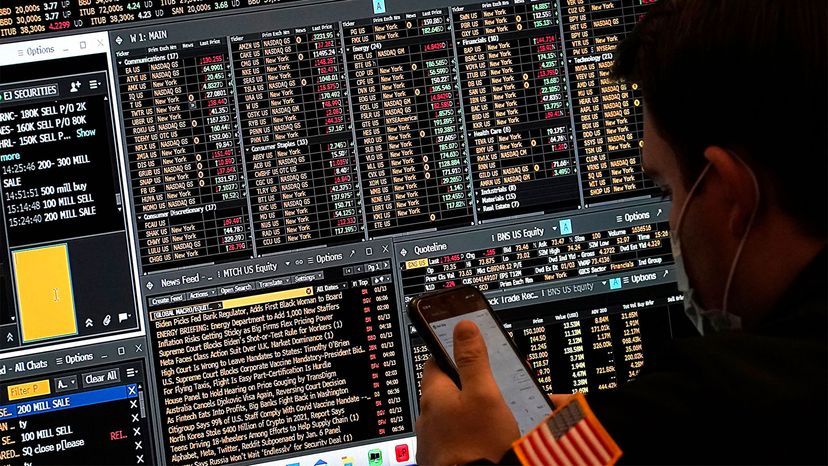The Drawbacks of an IPO

Having an IPO doesn't mean free money for the company. Otherwise, everyone would have an IPO. There are drawbacks that come with the new capital raised through an IPO.
The most obvious cost of having an IPO is the expense. It costs money to raise money. The legal fees, printing costs, and accounting fees associated with registering an IPO can run into the hundreds of thousands of dollars. On top of those costs, the rules for taking a company public are so complex that most companies have to hire experts to handle all the paperwork. Typically, those costs amount to seven to 10 percent of the amount of capital that an IPO raises [source: KPMG].
Advertisement
And while new shareholders provide capital, they also can be a drawback of going public. The primary owners are no longer in a private company that can make independent decisions. The investors who purchased stocks at the IPO own a certain percentage of the business, and their demands cannot be ignored, even if they don't have a controlling interest (more than 50 percent of the shares) in the company. SEC regulations require shareholder notification, meetings, and approval for certain business decisions. Shareholders also want to see the value of their stocks rise, so if the stock price drops or remains stagnant, the company will have to deal with unhappy part-owners. If they become unhappy enough, they may sell their stocks, which will cause the value to drop further, decreasing the overall value of the company [source: Hunsaker].
After the IPO, there are additional costs for keeping up with filings required by the SEC regulations. Just complying with the requirements of the Sarbanes-Oxley Act, which was passed by Congress in the early 2000s in the wake of several financial scandals, can cost a company millions of dollars [source: McCann]. Public companies are also open to scrutiny both by the investing public and competitors, and their SEC filings contain a lot of information that anyone can look up.
There's also the risk that after doing an IPO, a company won't do that well after it goes public. It's not uncommon for a company's shares to soar when they debut on the stock market, and then quickly dip in value.